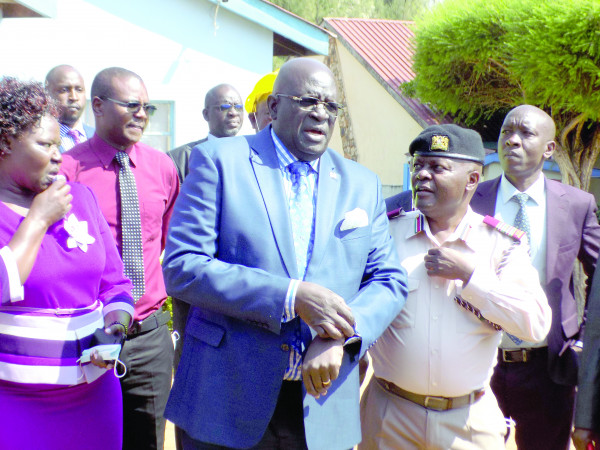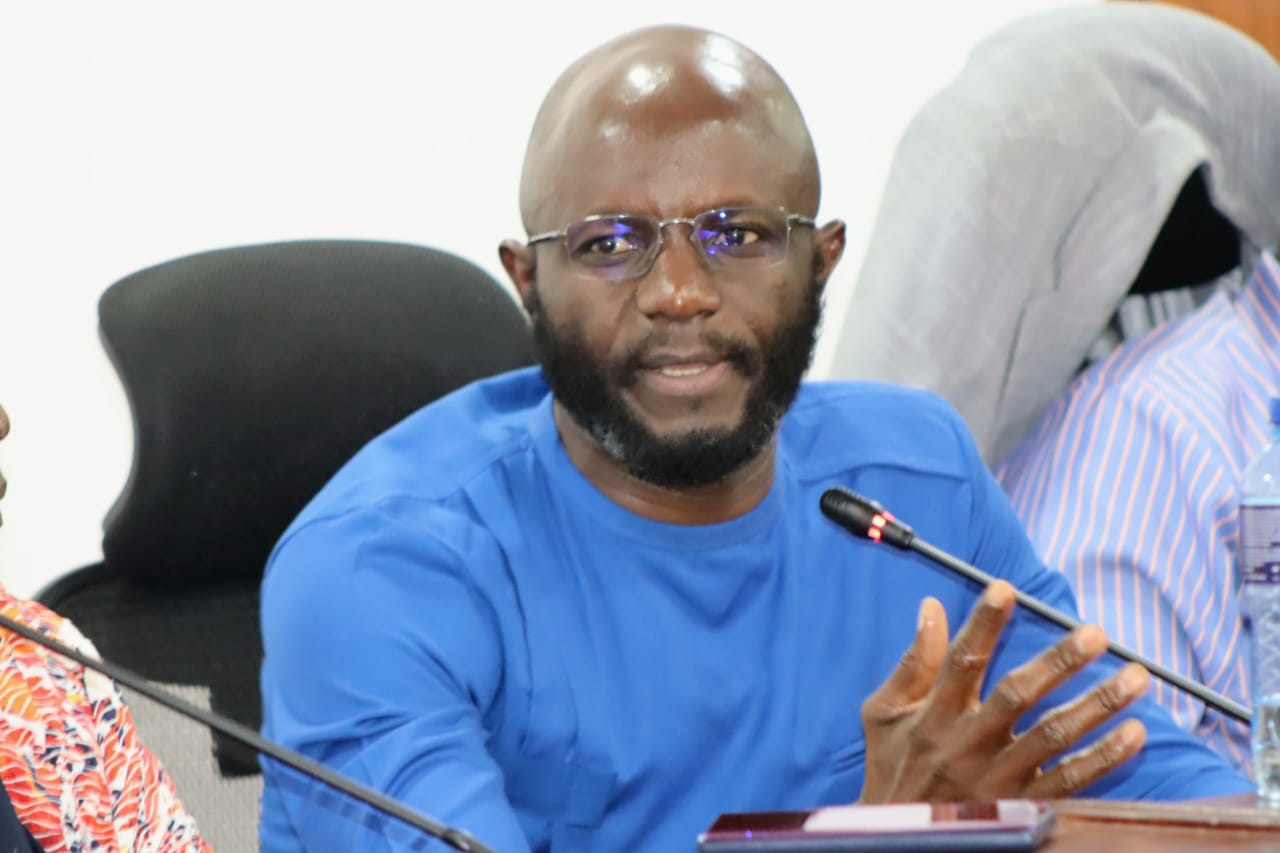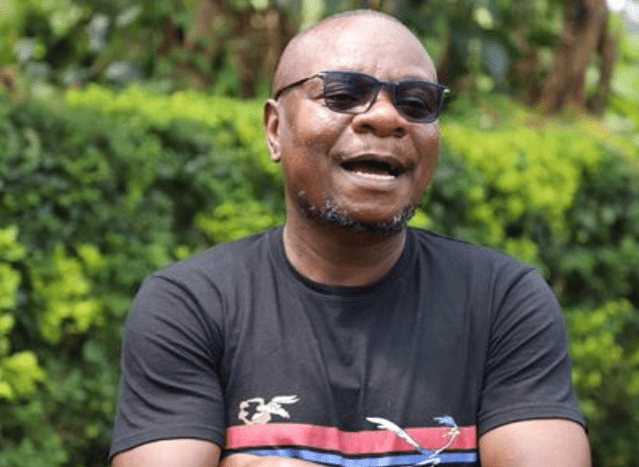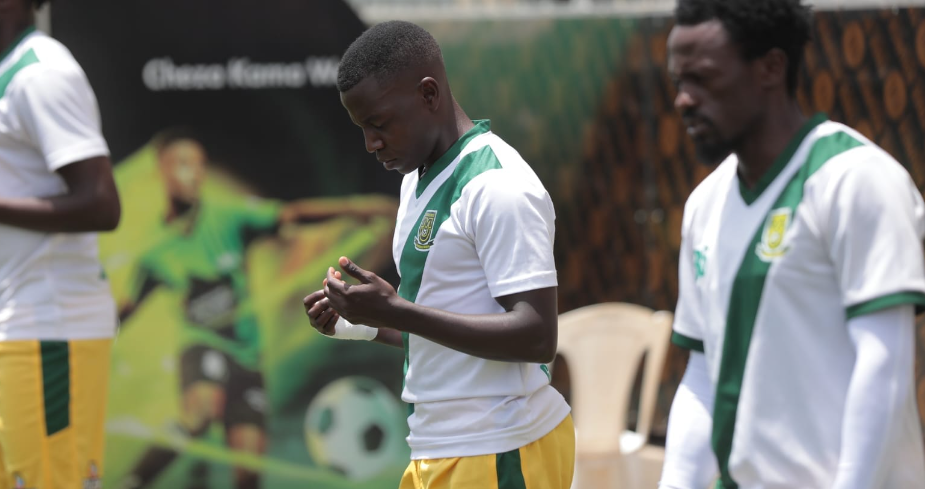Magoha under pressure to allow transitional exams

Irene Githinji @gitshee
The Ministry of Education was yesterday hard pressed to allow Form Four and Standard Eight candidates to sit their national examinations this year.
Members of Parliament, through the National Assembly Committee on Education, took on Education Cabinet Secretary Prof George Magoha on why the ministry could not come up with ways to facilitate the Kenya Certificate of Secondary Education (KCSE) and Kenya Certificate of Primary Education (KCPE) examinations candidates to sit their national tests at the end of the year.
Views of the MPs were premised on the need to adopt a “new normal” approach, since the coronavirus is likely to be around for much longer than earlier anticipated.
But Magoha maintained a hardline stance, saying schools cannot re-open before the country reports a flat curve on infections for at least 14 days.
He also said parents would not allow their children to go to school in the current circumstances where more than 500 Covid-19 cases were being reported daily.
“We had the option to reopen for examination classes but it was not possible to place them in a manner that will secure their health.
We even thought of a shift system but it was not possible,” the CS responded during a virtual session with the committee.
Adjust syllabus
He was responding to a question by Nyeri Town MP Ngunjiri Wambugu, who asked him why it was not possible for the ministry to adjust the syllabus and have candidates examined on what they had covered so far.
“Why are we the only country that will lose a whole education year? Why can’t the ministry allow flexibility and have Class 8 and Form 4 students examined on what they had covered?”
Responding to concerns raised by the MPs, Education Adviser, Dr David Njengere, explained three scenarios surrounding the examination question.
First, Njengere said learners had covered only nine weeks of the required 33 weeks and there was no way transition can be based on what was partly covered in the first term.
He explained that the Kenya Institute of Curriculum Development (KICD) issues a syllabus, which is supposed to be covered in eight years for primary schools and four years for secondary.
“We cannot come in and say that the learners were expected to cover the syllabus in seven years in primary or three years for secondary.
There are some schools, which push to cover the syllabus earlier but the policy is to complete it in eight and four years, respectively,” explained Njengere.
Secondly, the expert said that should KCPE be offered to this year’s cohort, there would be a transition crisis.
This would mean there would be two Form One classes in 2021 and subsequently this would have major implications in secondary schools owing to teacher shortage, inadequate laboratories and general strained infrastructure.
Reopening institutions
Thirdly, on the proposal to base exams on topics covered when schools closed in March, Njengere said KCSE is a reference exam and since criteria for assessing is set, there will be no comparability with previous classes.
“We use KCSE results for selection of courses in universities and since a student had done only nine weeks, on what basis are you going to guide a course, say, medicine, having not covered a big proportion of Biology in secondary school?
We will now be pushing the problem to universities,” explained Njengere.
The MPs also wanted the CS to give a definite date for reopening of basic education learning institutions, in case the daily reported Covid-19 cases continue to rise through the months of September 2020 through January 2021.
Magoha said the government was keenly observing the disease patterns, with clearest indications that the peak would come between September and October.
“Decisions regarding reopening of learning institutions may change as informed by prevailing circumstances and increased knowledge of Covid-19.
In the present case, the Ministry of Health projections predict a peak around October,” the Minister said.
He added: “If we open in January and there is a surge we will step down and observe the trends. People have tried to open, like South Africa, and have shut again.”
Nominated MP Wilson Sossion came to the defence of the CS, saying Magoha had presented to the committee what education sector players had agreed on as the best option available.
“If we are to re-open in September and ask teachers to report, none will report.
We are facing a complex health issue and going forward we should be collaborating and understand the professional position the ministry has presented,” Sossion said.
Describing the ministry’s position as “democratic”, Sossion noted some countries had forced re-opening of schools only to be forced to close them again.
“This is not a political issue. We need to bite the bullet and write off 2020 and begin looking at the future of our education,” said Sossion.
The MP said there was a need to focus on deeper issues going into the future, including localising learning and looking at the possibility of abolishing boarding schools, to ensure learners can walk home and still access quality education at the basic level.












